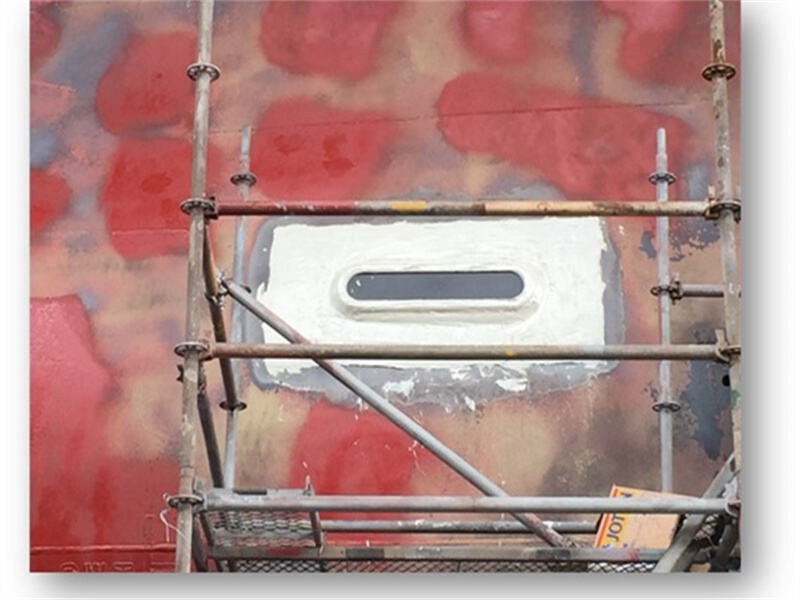
Plate Heat Exchanger vs. Shell-and-Tube Heat Exchanger: Key Differences The correct selection of the heat exchanger is the key to the performance of the marine vessels, energy consumption, and the timing of the maintenance. Plate heat exchangers (PHE...
VIEW MORE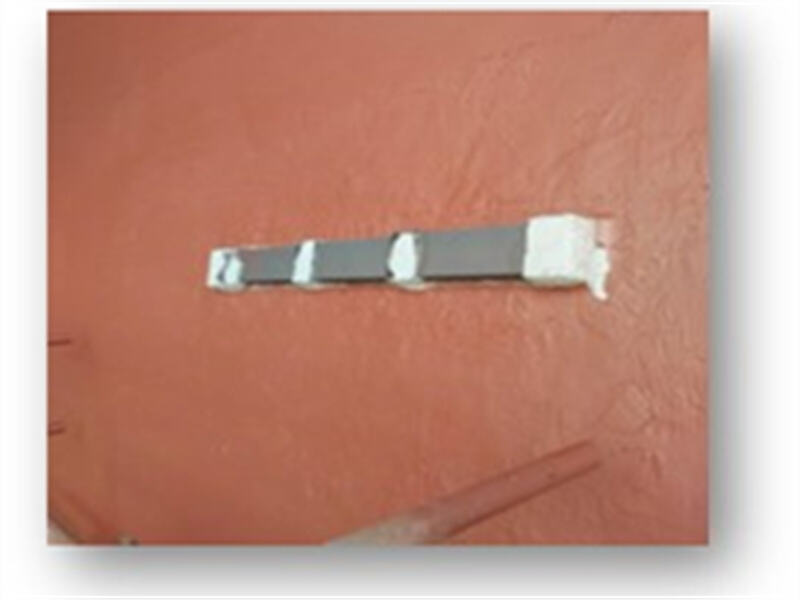
How Plate Heat Exchangers Improve Energy Efficiency? Increased focus on energy efficiency: Despite continued growth in seaborne trade, the industry's operational costs have been rising while efforts to address climate change are intensifying--and bot...
VIEW MORE
How MGPS Works to Prevent Biofouling? Biofouling Buildup of algae, barnacles, mussels and other marine life on submerged vessels surfaces reduces vessel performance, increases fuel usage and can initiate the corrosion process. Sealong Marine Engineer...
VIEW MORE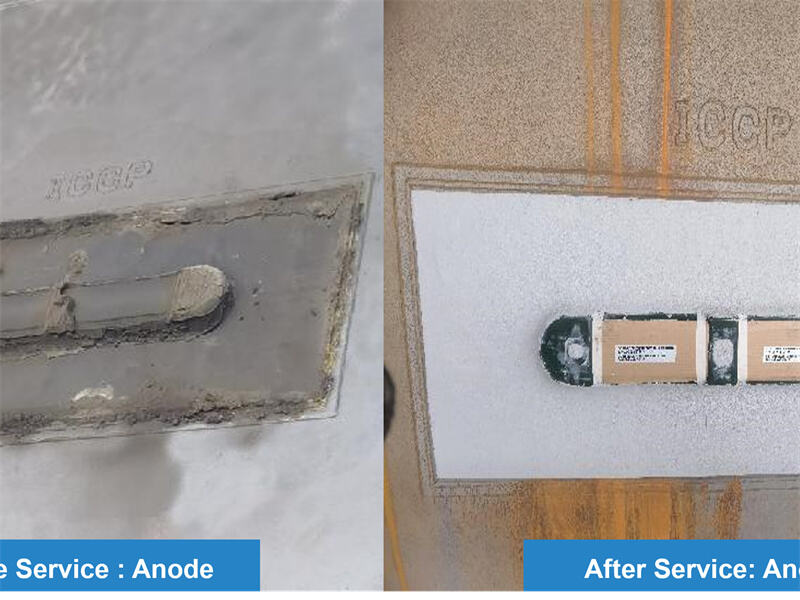
Marine growth such as barnacles, algae, and mussels pose significant risks to vessel performance and structural integrity, especially in saltwater environments. These organisms attach to submerged surfaces, increasing drag, clogging pi...
VIEW MORE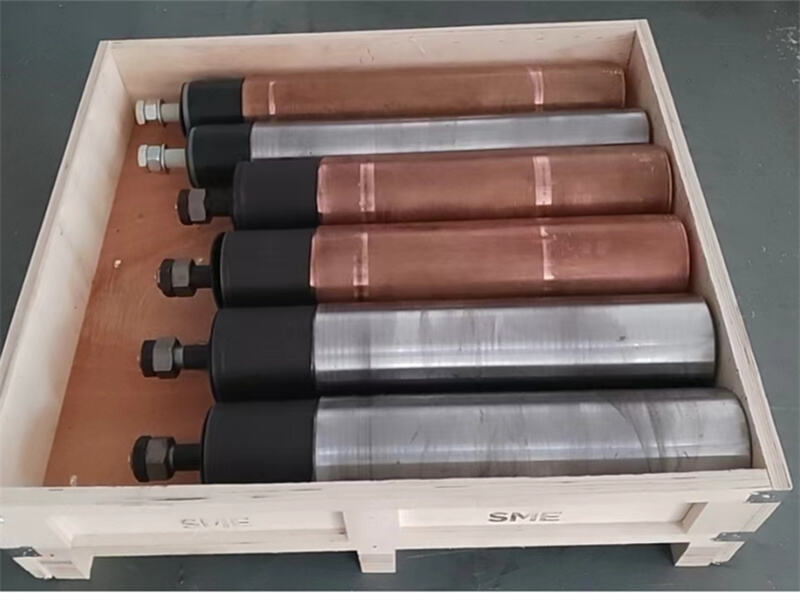
How Impressed Current Systems Work in Harsh Environments? It is difficult to provide corrosion protection system in Marine corrosive environments such as open seas with big waves, coastal zones with variable salinity and offshore sites with temperatu...
VIEW MORE
How ICCP Systems Protect Metal Structures from Corrosion ? Ships hulls, gas and oil platforms, and any metal structure in the sea are in a constant danger of corrosion since salt water is a very effective electrochemical mediator of metal dissolution...
VIEW MORE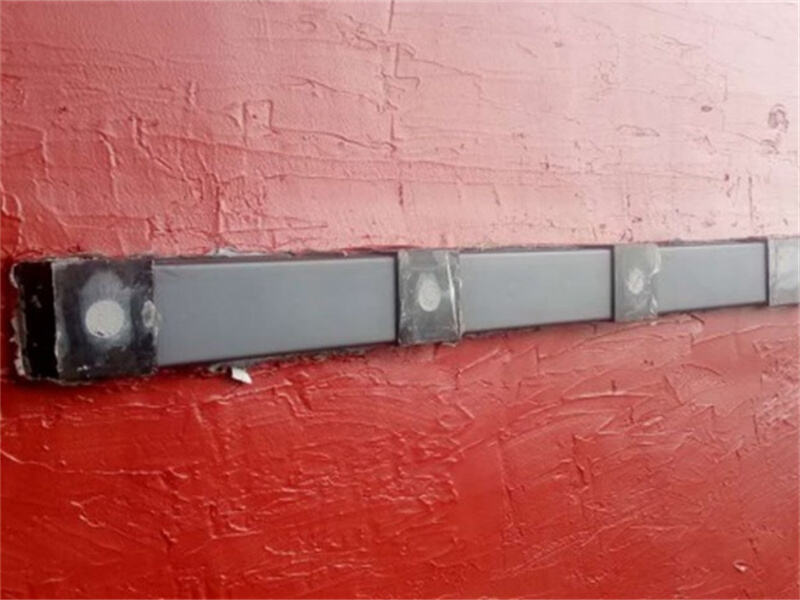
How Gasketed Plate Heat Exchangers Differ from Brazed Ones? Maritime, industrial and HVAC systems rely on plate heat exchangers (PHEs) for optimum heat exchange although performance and applicability are type specific. It is useful to understand thei...
VIEW MORE
Benefits of Installing Marine Growth Preventing Systems Vessel Performance Although performance is often taken for granted, maintaining optimal hull efficiency in vessels presents an ongoing challenge to ship owners and operators. The growth of marin...
VIEW MORE
Benefits of ICCP Over Traditional Corrosion Protection Methods Corrosion is a severe menace of metal framework in the presence of water and whereas the customary protection solutions (ZnSi anodes or covering) have been highly viable applied in realit...
VIEW MORE
Advantages of Using Plate Heat Exchangers in Industrial Processes Chemical manufacturing, food processing, power generation etc rely on efficient heat transfer to remain productive, economical and quality. PHEs have specific advantages over the conve...
VIEW MORE
Why Every Vessel Needs an Effective MGPS Solution To ship operators, maintaining a vessel’s integrity isn’t just about hull and machinery - it also includes the seawater that keeps its systems running. Scaling and Bio-fouling – the ...
VIEW MORE
How MGPS Systems Protect Ship Cooling Water Pipelines A ship's cooling systems are its heart and soul, dependent on a steady flow of seawater to keep the engine running cool and maximize performance. Yet this life-giving seawater comes with an enduri...
VIEW MORE